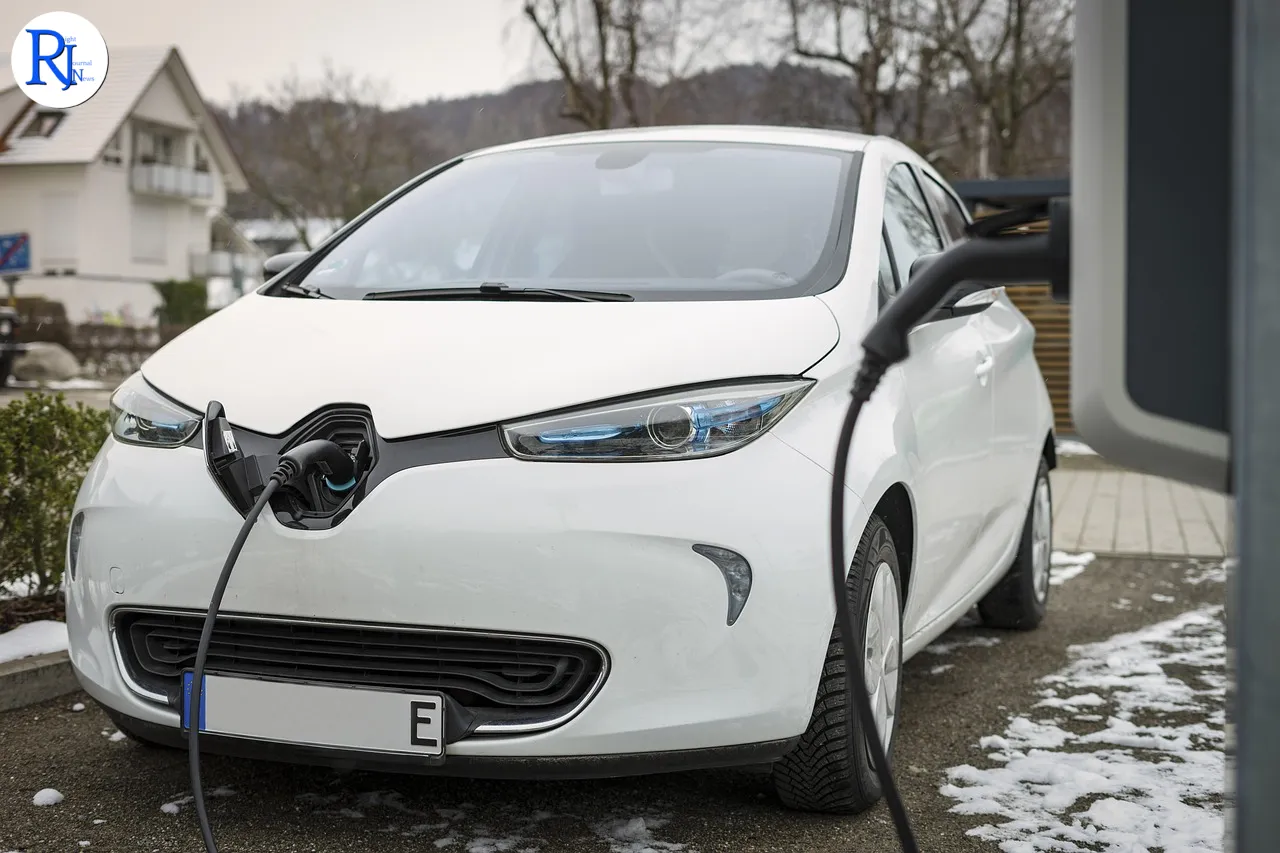Electric vehicles (EVs) are often hailed as a cleaner alternative to traditional petrol cars, but recent findings from Swedish automotive manufacturer Polestar are sparking a reevaluation of their environmental impact. As the global community increasingly shifts towards sustainable transportation, the question of how green EVs truly are becomes more pertinent. Polestar’s latest report sheds light on the carbon footprint of EVs, prompting discussions on their sustainability credentials.
The Study Behind the Headlines
Polestar conducted a comprehensive analysis of the lifecycle emissions of their electric vehicles, comparing them to traditional internal combustion engine (ICE) vehicles. This report, released on 15 April 2025, examines emissions from production through to disposal, aiming to provide a holistic view of the environmental impact. The study takes into account the carbon emissions generated during the manufacturing process, which includes the extraction and refinement of raw materials, as well as the energy consumption during vehicle use and end-of-life recycling.
According to the findings, the production of an EV results in higher initial carbon emissions compared to a petrol car. This is primarily due to the energy-intensive processes involved in battery production. However, the report also highlights that over the vehicle’s lifetime, EVs tend to be more environmentally friendly, assuming the electricity used for charging comes from renewable sources.

A Closer Look at Lifecycle Emissions
The lifecycle emissions of vehicles have become a crucial factor in assessing their environmental impact. Polestar’s report indicates that an EV needs to be driven for a significant number of miles before it offsets the higher production emissions compared to an ICE vehicle. Specifically, it takes around 50,000 kilometres for an EV to break even with a petrol car in terms of carbon footprint.
This finding underscores the importance of clean energy sources in the adoption of electric vehicles. If the electricity used for charging is generated from fossil fuels, the environmental benefits of EVs diminish considerably. Therefore, the transition to renewable energy is vital to maximise the ecological advantages of electric vehicles.
Industry Reactions and Expert Opinions
The automotive industry is taking note of Polestar’s findings, with many companies reassessing their sustainability strategies. Experts in the field acknowledge the complexities involved in evaluating the true environmental impact of EVs. Dr. Emily Carter, a sustainability expert, emphasises, “While EVs offer a promising alternative to fossil fuel vehicles, their environmental benefits are closely tied to the energy sources used for charging and the efficiency of manufacturing processes.”
Automakers are increasingly investing in cleaner production methods and sustainable supply chains. The focus is shifting towards reducing the carbon footprint of battery production and ensuring that the materials used are sourced responsibly. Innovations in battery technology, such as solid-state batteries, are also being explored to further reduce emissions.
Consumer Awareness and Government Policies
As the debate over the environmental impact of EVs continues, consumer awareness is becoming more critical. Buyers are increasingly interested in understanding the full lifecycle emissions of the vehicles they purchase. This demand for transparency is pushing manufacturers to provide detailed information on the sustainability of their products.
Governments worldwide are also playing a pivotal role in shaping the future of electric vehicles. Policies promoting the use of renewable energy for charging infrastructure are essential to maximise the environmental benefits of EVs. Incentives for EV adoption, such as tax breaks and subsidies, are encouraging consumers to make the switch, but these need to be coupled with measures ensuring the sustainability of the entire lifecycle.
Looking Ahead: The Path to Sustainable Mobility
The findings from Polestar’s report highlight the need for a multi-faceted approach to achieving sustainable mobility. Electric vehicles have the potential to significantly reduce carbon emissions, but this potential can only be realised through clean energy use and sustainable manufacturing practices.
As the automotive industry evolves, collaboration between manufacturers, governments, and consumers will be crucial in driving the transition to greener transportation. Continued research and innovation in battery technology and renewable energy sources will play a key role in enhancing the sustainability of electric vehicles.
The journey towards a truly sustainable automotive future is complex, but with concerted efforts from all stakeholders, the promise of cleaner, greener transportation can become a reality. As discussions around the environmental impact of EVs continue, the focus remains on finding effective solutions to create a more sustainable and environmentally friendly world.

